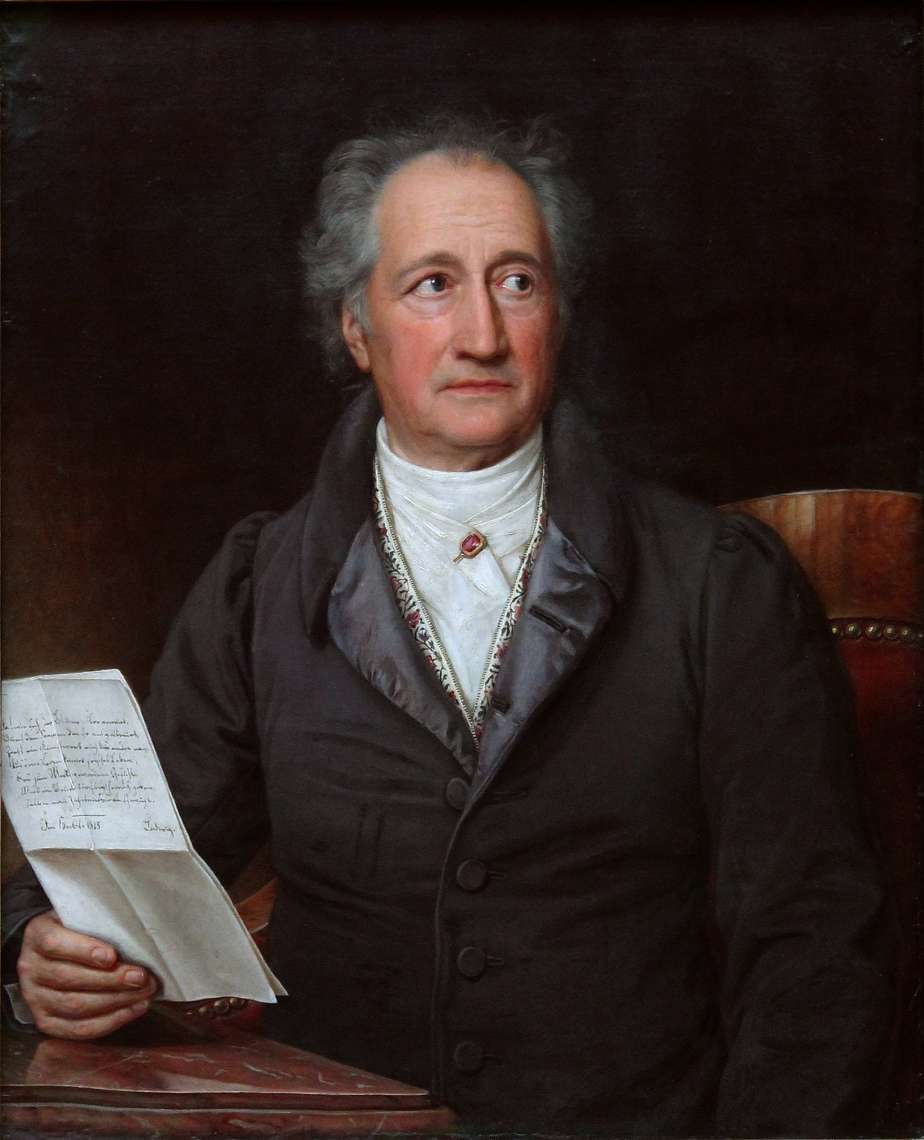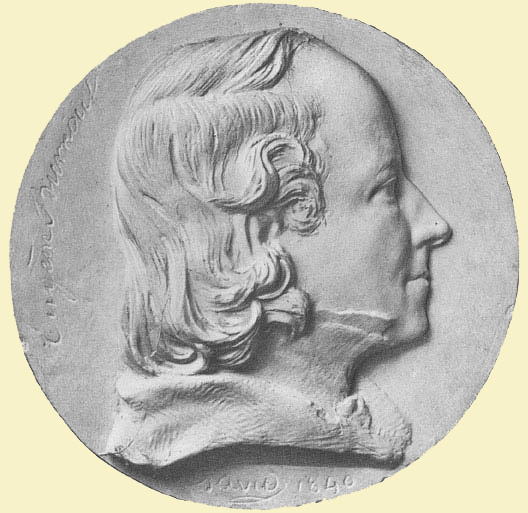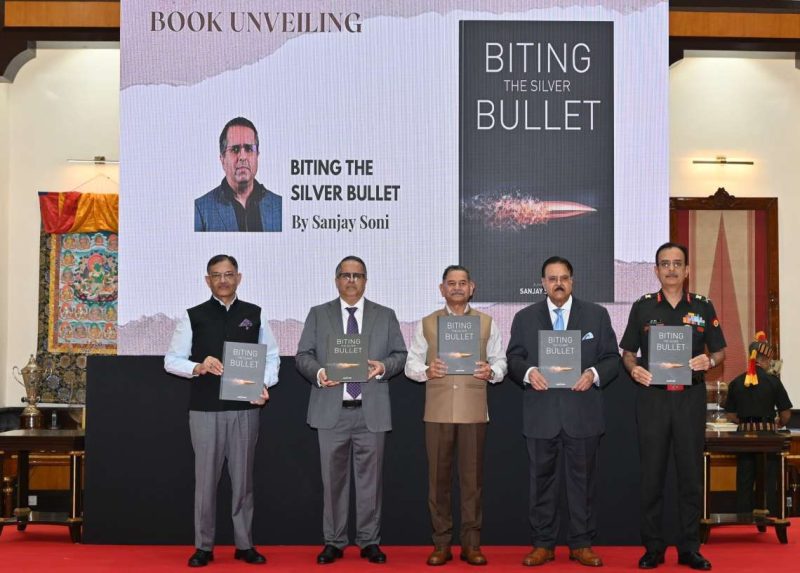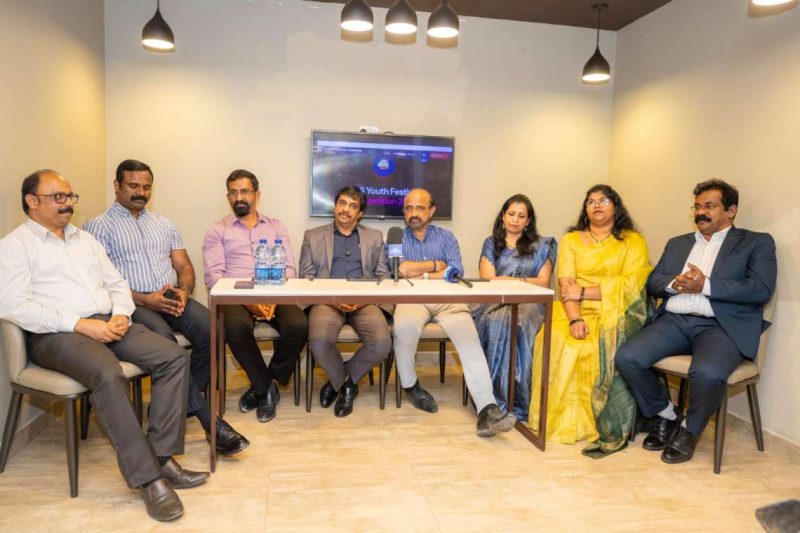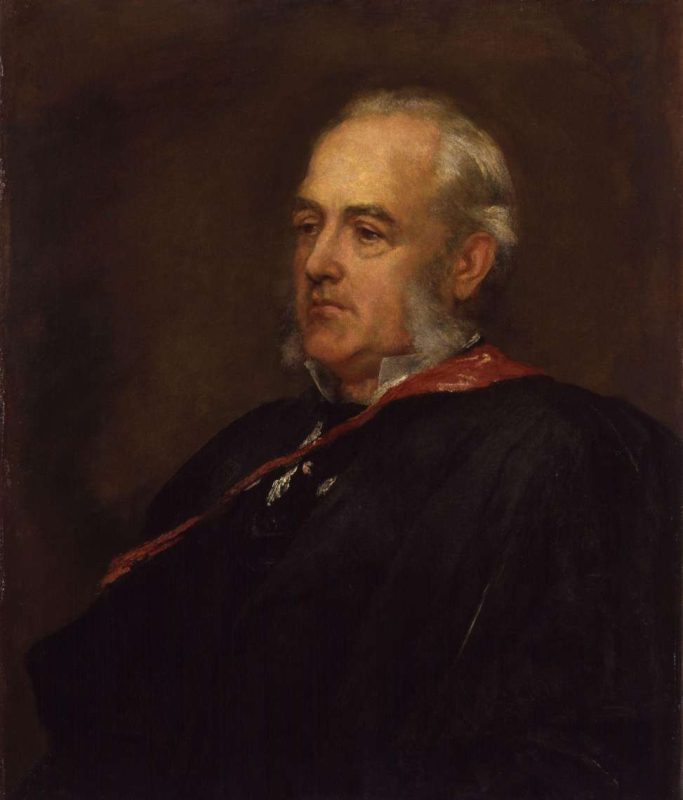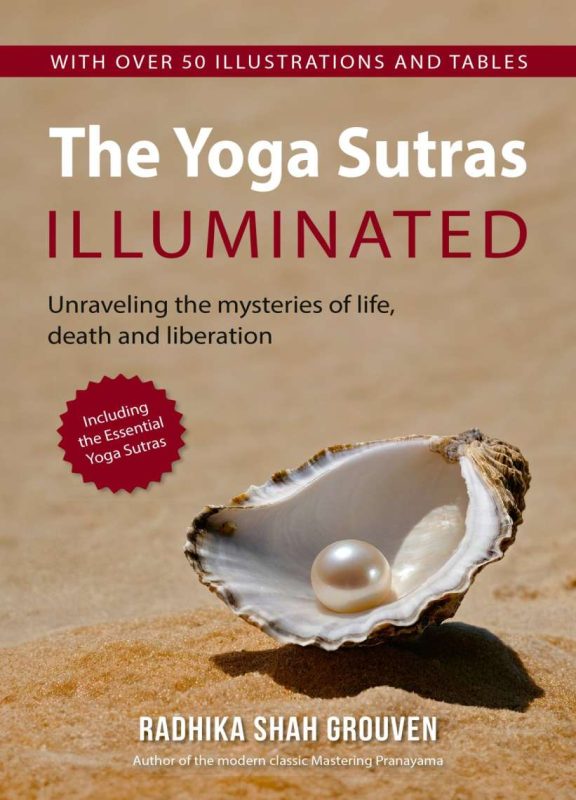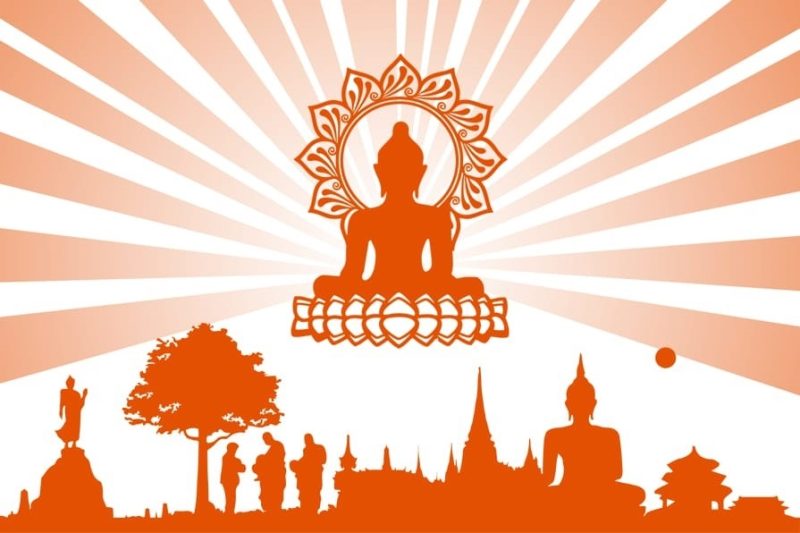By Dilip K Roy FRAS
Mark Twain who once declared: “Never knew before what eternity was made for. It is to give some of us a chance to learn German.”
Although the infatuation with India and the Indian thought “Indomania” shared by many German Romantics is well known and well documented, it is nonetheless rewarding to explore the diverse perceptions of India among the large number of German writers and India thinkers which is by any means impossible to cover in a single article. However, I shall try to make it as concise as I can.
Nevertheless, throughout the nineteenth century, besides the interest of professors and their students, enthusiasm for India and many of its cultural products were present in educated German society. Parallel to growing academic pursuit of Sanskrit, there developed a more popular adaptation of Indian literature. The literary products of India provided a viable alternative for those in Europe experiencing despair and discontent at what they saw a tired European civilization. Philosophers like Arthur Schopenhauer drew upon ideas from the Hindu Upanishads and Friedrich Nietzsche was influenced by the Buddhist philosophy at the same time Richard Wagner started using Indian texts and concepts in his operas.
Wolfgang von Goethe (1749-1832) was a German polymath and most influential among all German writers his friendship with Friedrich Schiller is well known who was a dramatist, historian and a philosopher. In 1808 Goethe published his first epic poem FAUST and his conversations with German scholars such as Gottlieb Fichte, Gottfried Herder, Alexander von Humboldt and Friedrich von Schlegel came to be known as Weimar Classcism. Goethe had already began work on the final version of his epic “The Grand Kophta” when he received through the post, on 20th May 1791, a present of Kalidasa’s Sanskrit drama SAKUNTALA, put into German by Georg Forster. The gentle slow moving love story in seven acts combined comedy, religion and philosophy. The plot combined political realism into mythological transcendence, and the diction of dramatic texture were permeated by sense of place, the time and the changing heat of the day, the importance of water, plants, fruits and flowers being tended, given and referred to as symbols for their cultic significance as Goethe was completely entranced and within ten days he composed an epigram on the charm with the virtues of maturity which of course, what he was looking for in himself. His affection for SAKUNTALA continued throughout his life, and it sowed and watered the seed of many motifs in his later works. Goethe was also very fond of Kalidasa’s famous love poem “The Cloud Messenger.”
When Rabindranath Tagore wrote a fine Bengali essay arguing that Goethe’s perception of the play was correct, he was though an Indian himself, sitting in Goethe’s sunlit conservatory. Even for Indian readers, Kalidasa’s works have become inseparable from the international admiration they have inspired. No wonder the Romantic poets and musicians of nineteenth century Germany were attracted to the play.
Gotfried Herder (1744-1803) was a key influence on the development of Romanticism and German Idealism. Herder was a poet, a critic of Kant and the Enlightenment and a philosopher of culture and history. He was attracted to and participated in the new discipline of Indology. His awareness of India and the Indian thought were shaped by German translations of the Indian texts. He expressed great admiration for the Sanskrit drama SAKUNTALA after encountering Georg Forster’s German translation of the play. Herder contributed the forward to the second edition of Forster’s work.
Herder is associated with positive idealistic and glorifying views of India. For him India was the ‘cradle’ of humanity the source of civilization. Although Christian himself, he expressed empathy for the people of India and Hindu thought. For him Hindus were the most learned people. He interpreted the essence of Hindu teaching as the idea of the absolute unity of all things there is one Being as the basis of in and behind all things. According to German scholars, without the works of Kalidasa, German Indology remains incomplete.
Kalidasa’s ‘Sakuntala’ became so popular in Europe, that a German opera was composed by famous composer Franz Schubert and an Italian opera by Franco Alfano.
“THE BUSINESS OF PHILOSOPHY IS NOT TO GIVE RULES, BUT TO ANALYSE THE PRIVATE JUDGEMENTS OF COMMON REASON” (Immanuel Kant German Philosopher)
Dilip Roy a great admirer of German Intelligentsia is a Fellow of Royal Asiatic Society


